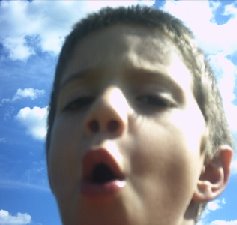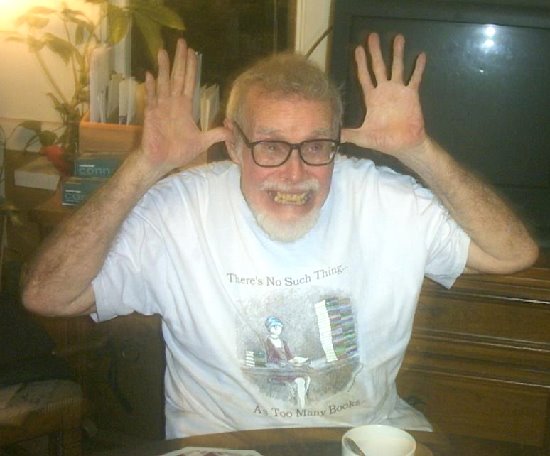
Yes, that’s what I’m doing. I’m interacting with people (or their virtual representatives) from China, Taiwan, Sweden, Portugal, England, Australia, France, and who knows where else. I’m taking care of their virtual animals. Oh, what a warm feeling it brings. I earn money by stroking these virtual pets in a Facebook application called “Fluff Friends,” in a kind of innocent virtual affection trade. Then I use that money (or “munny”) to buy various types of “food,” with which I gift the strangers’ pets now and again (admittedly, most of the “food” is consumed by my own virtual pet, a Land Giraffe named “Madame Y.”) I also buy “habitats” and “decorations” for Madame Y, as well as a series of “Minis,” or little friends to keep her company. These “Minis,” like most children, slaves, and real pets, cannot earn money, even for other people. They are not pettable. They are dispensable, and can even be given away as gifts.
Though I do have access to a vast number of virtual pets, and thus, a vast number of glimpses into the virtual decorating, eating, and commenting habits of their owners, I nevertheless am not “free to be me.” I must keep up with the virtual Joneses. Many pet owners change their habitats for the holidays: every holiday from Hannukah to Fourth of July. New decorations must be purchased; new gifts must be distributed so that one’s pet page won’t be sporting an empty Easter basket or Christmas stocking. One, in fact, gives in order to receive. That’s how it’s all set up.
For those who simply MUST shine, there are credit card options available for purchasing an “artsier than thou” environment, or fancier decorations and minis, with one’s REAL MONEY. Some folks buy multiples of things in order to create interesting background patterns on their page. Some use the application to create art, pictures that can be glanced at for a moment and appreciated, or possibly transmit something about another culture’s visual preferences. Some of these pages are missing the Fluff Friend entirely, the virtual pet originally chosen, and feature only myriads of Minis in starry skies, or feasts of flowers and hearts.
I don’t believe a Fluff Friend can “die,” although those who have not been “visited” by their owners for weeks may plead for others to send the owner a reminder. Peer pressure is encouraged here, I am not sure to what end. Now that I have my Madame Y, it seems a shame to abandon her, but others feel no such shame about abandoning their virtual Racoons, Pigs, Puppies, or Chicks. Many of these languish unvisited, unpetted, and unfed, providing neither munny nor joy for their owners, who apparently have “real” lives, or are playing more active/violent virtual games.
The idea of being able to “give” something, to make others “happy” with a few clicks of the mouse and a few minutes of time is irresistible, however, to some. It takes the messiness out of real-world charitable giving or volunteer work, and provides instant feedback. One is THANKED, one is petted, one is connected, one is able to identify with others on the safest possible level, from the privacy and comfort of one’s own home. I am reminded of the Buddhist meditative practice of breathing in the evils of the world, and breathing out love. What is really happening with this practice? Is world suffering eased? It can’t be verified. Neither can the “benefits” of Fluff Friends. I rest my case.






